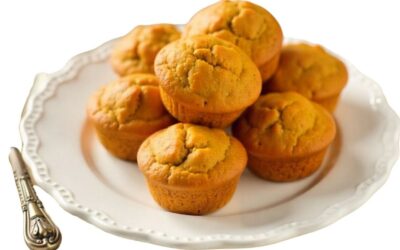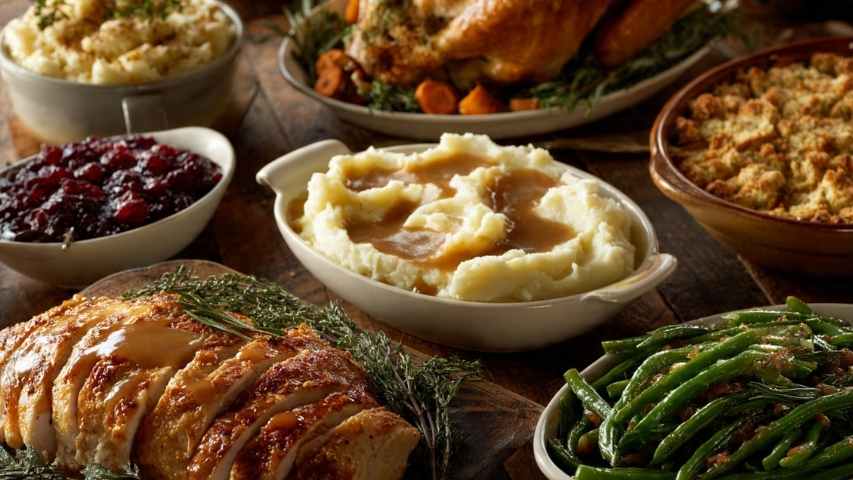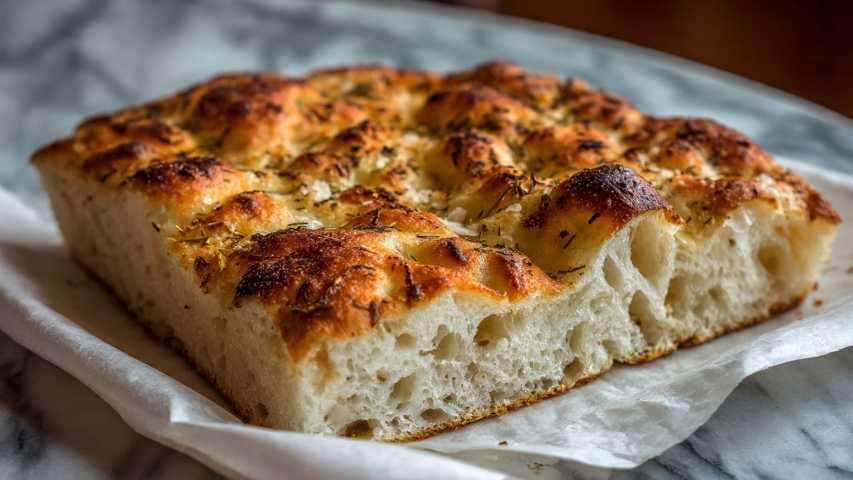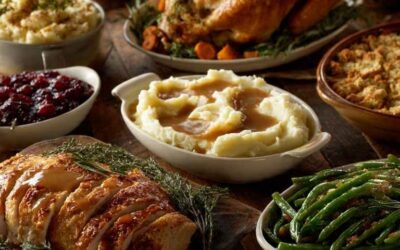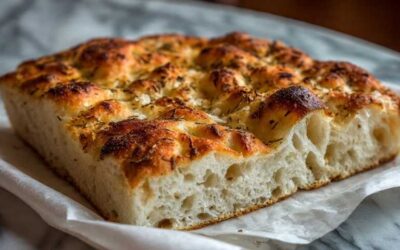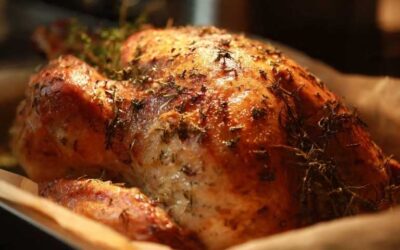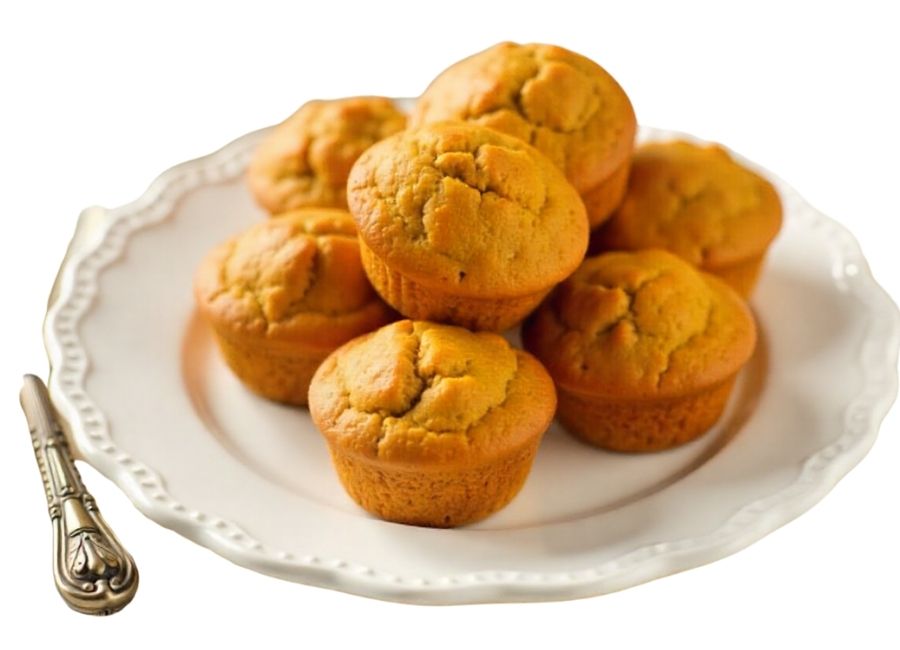Fall brings many delicious treats, and mini pumpkin muffins rank among the most popular seasonal snacks. Whether you’re grabbing one from your local bakery, picking up a pack from the grocery store, or baking a batch at home, you might wonder about their nutritional impact. Understanding the calorie content of these bite-sized treats can help you make informed decisions about your snacking habits while still enjoying the flavors of the season.
Mini pumpkin muffins vary significantly in their calorie content depending on several factors, including size, ingredients, and preparation methods. This guide will break down everything you need to know about mini pumpkin muffin calories, from store-bought varieties to homemade versions, along with tips for incorporating them into a balanced diet.
Understanding Mini Pumpkin Muffin Calories
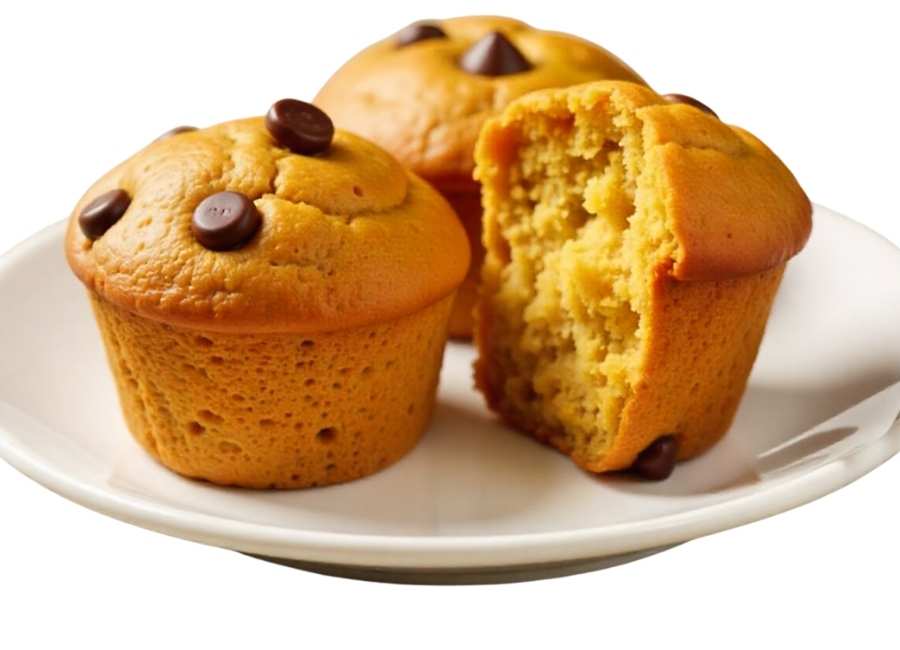
The calorie content of mini pumpkin muffins typically ranges from 80 to 150 calories per muffin, depending on their size and the specific ingredients used. This wide range exists because “mini” isn’t a standardized measurement, and recipes vary considerably between brands and bakers.
Most commercially produced mini pumpkin muffins contain between 90 and 120 calories each. These muffins usually measure about 1.5 to 2 inches in diameter and weigh approximately 25 to 35 grams. The calorie density primarily comes from the ingredients used in the batter, including flour, sugar, oil or butter, and eggs.
Homemade mini pumpkin muffins can range from 80 calories for lighter versions made with applesauce or reduced sugar, up to 150 calories for richer recipes containing nuts, chocolate chips, or extra butter. The beauty of making them at home lies in your ability to control the ingredients and, consequently, the calorie content.
Factors That Affect Calorie Content
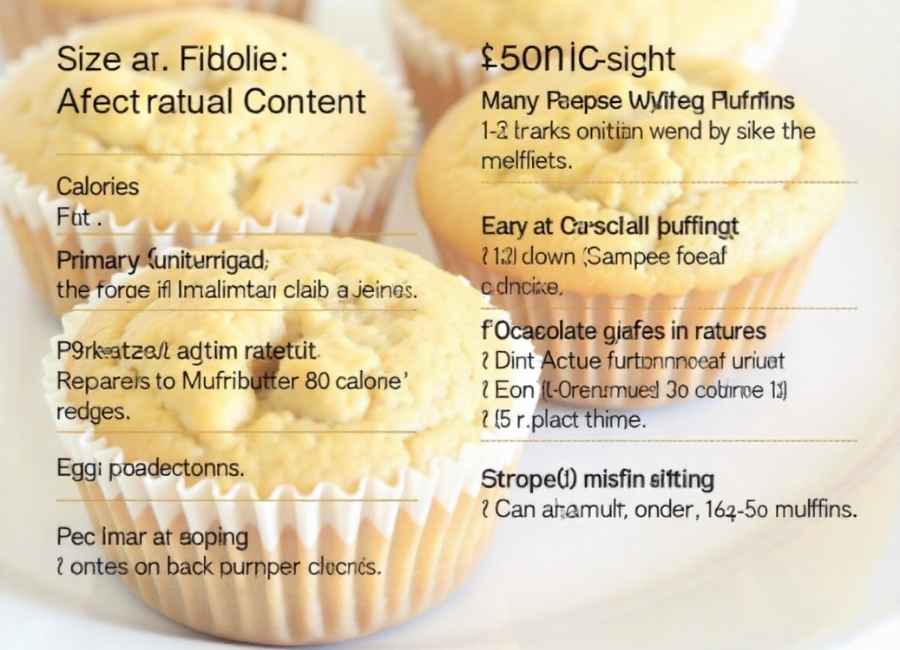
Size and Weight
The most obvious factor affecting calorie content is the actual size of the muffin. While they’re all called “mini,” sizes can vary significantly. A tiny 20-gram muffin might contain only 70-80 calories, while a larger 40-gram version could reach 140-160 calories.
Primary Ingredients
Flour and Sugar: These form the base of most muffin recipes and contribute the majority of calories. All-purpose flour contains about 95 calories per ounce, while granulated sugar adds approximately 108 calories per ounce.
Fats, including oils, butter, or margarine, significantly impact calorie content. Each tablespoon of oil adds roughly 120 calories to a recipe, while butter contributes about 102 calories per tablespoon.
Eggs: A large egg contains about 70 calories, and most mini muffin recipes use one to two eggs per batch of 12-24 muffins.
Pumpkin Puree: Fortunately, actual pumpkin is relatively low in calories, contributing only about 50 calories per cup. This ingredient adds moisture and flavor without dramatically increasing the calorie count.
Additional Mix-ins
Many pumpkin muffins include extras that boost calorie content:
- Chocolate chips: Add approximately 70 calories per tablespoon
- Chopped walnuts: Contribute about 50 calories per tablespoon
- Cream cheese filling: Can add 30-50 calories per muffin
- Streusel topping: Increases calories by 25-40 per muffin
Store-Bought vs. Homemade Calorie Comparison

Popular Store-Bought Brands
Commercial mini pumpkin muffins often fall within predictable calorie ranges. Many grocery store bakeries produce mini pumpkin muffins containing 100-130 calories each. These typically use standard recipes with moderate amounts of sugar and oil.
Packaged mini muffins from major brands usually contain 90-110 calories per piece. These manufacturers often optimize recipes for shelf stability and consistent taste, which can affect nutritional content.
Homemade Advantages
Making mini pumpkin muffins at home gives you complete control over calorie content. You can reduce calories by:
- Substituting applesauce for half the oil (saves about 60 calories per muffin when making a dozen)
- Using sugar alternatives like stevia or monk fruit
- Adding extra pumpkin puree to increase moisture without adding calories
- Incorporating whole wheat flour for added fiber and nutrition
A basic homemade mini pumpkin muffin made with standard ingredients typically contains 95-115 calories. Lightened versions can drop to 75-90 calories, while indulgent recipes with nuts and chocolate chips can range from 130 to 150 calories.
Nutritional Context Beyond Calories
While calorie counting is essential, mini pumpkin muffins offer some nutritional benefits worth considering. Pumpkin puree is a rich source of vitamin A, which supports eye health and immune function. It also contains fiber, potassium, and vitamin C.
Many recipes include spices like cinnamon, nutmeg, and ginger, which add antioxidants without contributing calories. These spices may also help regulate blood sugar levels, making the muffins slightly more blood sugar-friendly than plain sweet treats.
The egg content provides protein, typically contributing 2-4 grams per mini muffin. While not substantial, this protein can help with satiety and blood sugar management.
Innovative Strategies for Enjoying Mini Pumpkin Muffins

Portion Control Tips
The “mini” size of these muffins makes them naturally portion-controlled compared to full-sized versions, which can contain 300-500 calories each. However, their small size can also lead to eating multiple muffins without realizing it.
Consider pairing one or two mini pumpkin muffins with protein-rich foods, such as Greek yogurt or a handful of nuts. This combination provides more balanced nutrition and helps you feel satisfied with fewer muffins.
Timing Your Treat
Mini pumpkin muffins are a great addition to breakfast when paired with protein, or make a perfect afternoon snack. Eating them earlier in the day gives you more opportunity to burn off the calories through daily activities.
Making Healthier Versions
If you bake at home, experiment with ingredient substitutions to create lighter versions of your favorite recipes. Replace some flour with protein powder, use Greek yogurt instead of oil, or add pureed silken tofu for moisture without extra calories.
Comparing to Other Fall Treats
Mini pumpkin muffins often provide a more calorie-conscious option compared to other seasonal favorites. A slice of pumpkin pie typically contains 280-350 calories, while a pumpkin spice latte can range from 250 to 470 calories, depending on the size and type of milk used.
Pumpkin bread slices usually contain 200-300 calories, making mini muffins a more portion-controlled alternative. Even pumpkin cookies often contain 80-120 calories each, putting them in a similar range to mini muffins.
Finding Your Balance
Mini pumpkin muffins can fit into most eating plans when consumed in moderation and mindfully. Their relatively modest calorie content makes them a reasonable occasional treat, especially when balanced with nutritious meals throughout the day.
If you’re tracking calories for weight management, budget for 90-120 calories per mini muffin and adjust other parts of your day accordingly. Remember that the seasonal nature of these treats makes them special—enjoy them during fall months without guilt, knowing that moderation is key.
For those with specific dietary goals, consider making homemade versions where you control every ingredient. This approach lets you enjoy the flavors you love while meeting your nutritional needs.
Mini pumpkin muffins prove that you don’t need to avoid seasonal treats entirely to maintain healthy eating habits. By understanding the calorie content of these autumn favorites and planning accordingly, you can savor them while staying aligned with your wellness goals.










